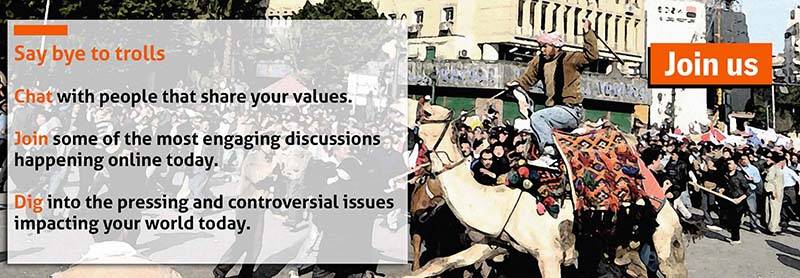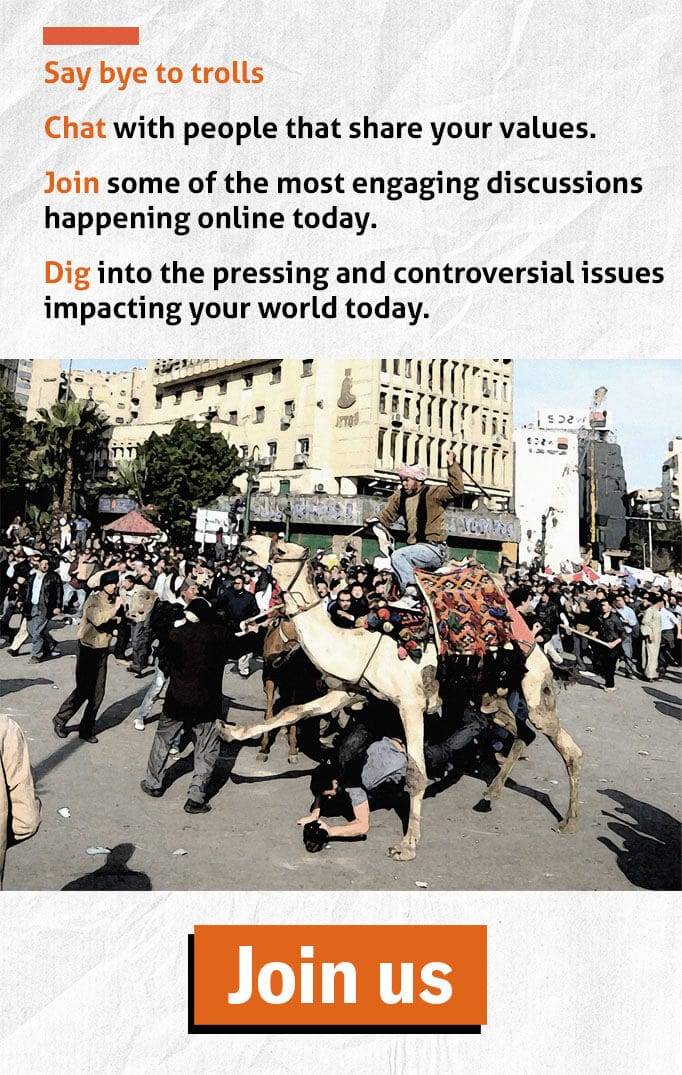There is a general perception, among Arabs especially, that the UAE is a haven of freedom. What most don’t know is that there is a list of prohibitions that is far more stringent than one would imagine. The reality may indeed shock some of the tourists, and even the residents, of this supposed paradise in the sand. Indeed, many fall prey to these prohibitions that they are not aware of. [h2]Alcohol[/h2] In UAE law, the penalty for alcohol consumption if you are a Muslim is 80 lashes, according to Article 313 of the Federal Penal Code of 2005. However, non-Muslims are permitted to consume alcohol in airports, hotel, and restaurants with an alcohol license, although the amount of imported alcohol is limited. The extent to which the law is applied varies from one emirate to another. In Dubai, Muslim residents and visitors generally do not face any obstacles to drinking in licensed places, or having alcohol at home. The perception is that the law will not be applied unless one is caught in another crime. In Sharjah, however, residents avoid drinking due to the severity of the law there. [h2]Photographs and Social Media[/h2] Not everything that is forbidden in the UAE is a source of distress for citizens and residents. Among the most prominent things prohibited by law is taking photographs of people without their express permission, not to mention publishing those photos on social media. If you are in a public place, like a mall, and you publish a picture taken there with strangers within the frame, they would have the right to file a complaint. The penalty for taking a picture of someone without their knowledge or permission is imprisonment for a maximum of two years, and a fine of no more than AED 20,000. As for candid camera and prank shows, citizens have the right to demand the penalization of the production company if they end up on one of these shows. They can also demand a compensation and deny them the right to broadcast the footage. [h2]Cyber Insults[/h2] Emirati law also penalizes insulting people online. In spite of considerations of freedom of expression, the Telecommunications Regulatory Authority prohibits disparaging or deriding people online. UAE law sets the penalty for insulting people online at imprisonment and/or a fine ranging between AED 250,000 and AED 500,000. [h2]Eating During Ramadan[/h2] Don’t even think of eating, drinking, or smoking in public during the holy month of Ramadan, whether your are a Muslim or not. The penalty for not fasting during Ramadan is up to AED 2,000 according to Article 313 of the Federal Penal Code. [h2]Free Call Apps? Think Again[/h2] The UAE does not grant the freedom to use free call applications, such as WhatsApp, Facebook Messenger, or Viber. Some people think that this ban is due to economic reason, to allow telecommunications companies to make money from telephone intelligence, while others think it is due to security concerns, as the government cannot penetrate this apps. Many were surprised by this law, in a country that is considered a hub for investors. The phone tariff in the UAE is significantly more expensive than other Gulf countries, such as Saudi Arabia. Moreover, the cost of internet subscriptions is among the highest in the Arab world. Many have requested from telecommunications companies such as Du and Etisalat to decrease the costs of these services, with many hashtags having erupted to campaign for this purpose. However, the efforts have so far been in vain. The UAE is not the first Arab country in which citizens and residents complained of telecommunications companies. They were preceded by Saudi Arabia, who began a hashtag promising to bankrupt the companies. [h2]The Ban is Clear[/h2] The Telecommunications Regulatory Agency officially declared that calls on free online applications are prohibited, and are only permitted through the two companies with legal telecommunications permits, that is, Etisalat and Du. The agency clarified that any company that wishes to obtain a permit to provide telecommunications services must coordinate with the two companies. Yet, despite this statement, which was issued in September 2014, citizens have resorted to other free call applications, such as Signal, Slack, Imo, and Line. Article 71 of the UAE law for the year 2003 stipulated that violators of this law can serve up to two years in prison, and/or a fine ranging between AED 50,000 and AED 1 million.


Raseef22 is a not for profit entity. Our focus is on quality journalism. Every contribution to the NasRaseef membership goes directly towards journalism production. We stand independent, not accepting corporate sponsorships, sponsored content or political funding.
Support our mission to keep Raseef22 available to all readers by clicking here!




Join the Conversation
Anonymous user -
1 day agoUn message privé pour l'écrivain svp débloquer moi sur Facebook
Anonymous user -
1 day agoالبرتغال تغلق باب الهجرة قريبا جدااا
Jong Lona -
2 days agoأغلبهم ياخذون سوريا لان العراقيات عندهم عشيرة حتى لو ضربها أو عنقها تقدر تروح على أهلها واهلها...
ghdr brhm -
2 days ago❤️❤️
جيسيكا ملو فالنتاين -
4 days agoجميل جدا أن تقدر كل المشاعر لأنها جميعا مهمة. شكرا على هذا المقال المشبع بالعواطف. احببت جدا خط...
Tayma Shrit -
6 days agoمدينتي التي فارقتها منذ أكثر من 10 سنين، مختلفة وغريبة جداً عمّا كانت سابقاً، للأسف.